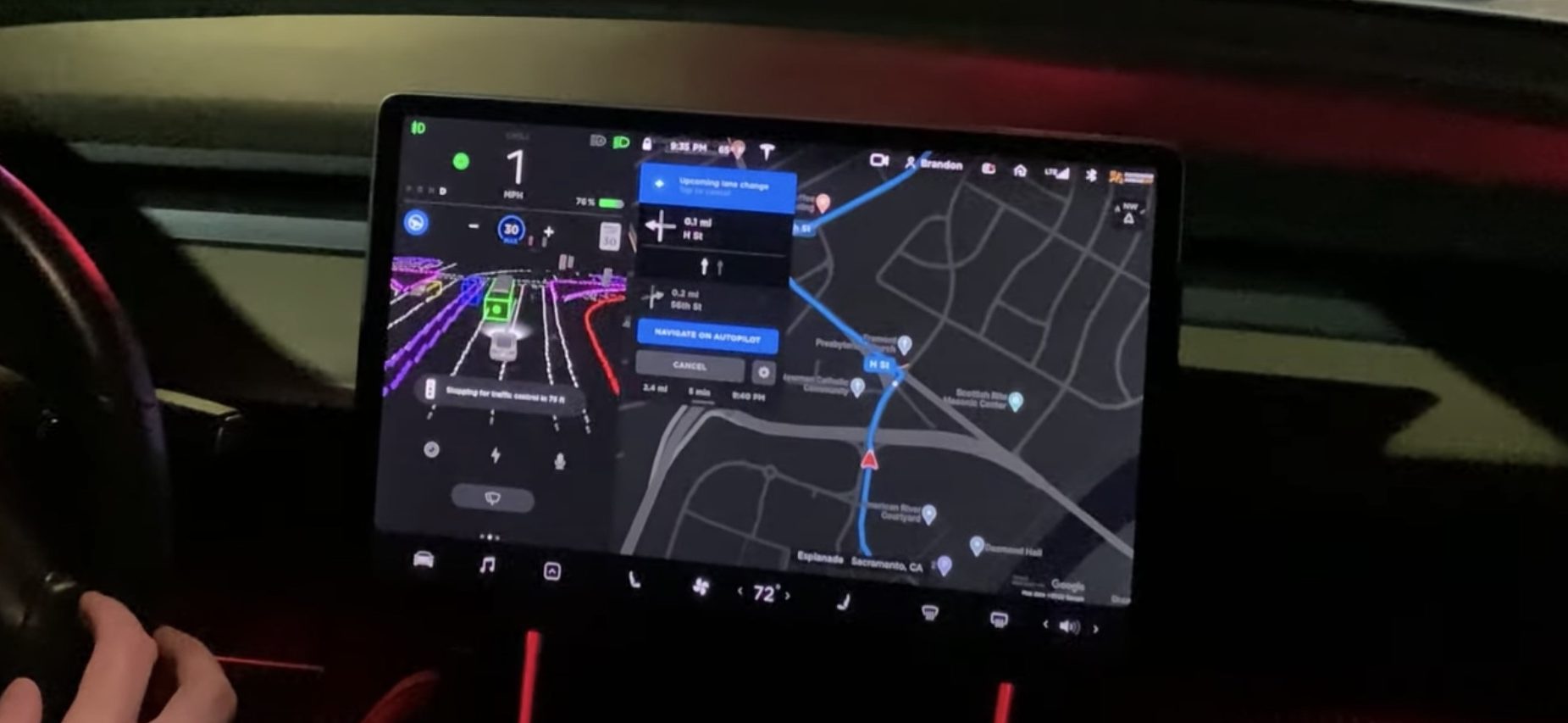Do You Know: Dutch lab decrypted Tesla Driving Data Storage system

Sunday, October 24, 2021 | Chimniii Desk
Key Points
Tesla's carefully guarded driving data storage system was decoded by a Dutch lab, which could aid in accident investigations. According to a report released on Thursday, the Netherlands Forensic Institute (NFI) revealed more data on Tesla's car operations and driver assistance technologies, dubbed Autopilot, than investigators were previously aware of. The NFI report revealed previously unknown information regarding vehicle speed, accelerator pedal position, steering wheel angle, and brake actuation. Although this information is tightly encrypted, the corporation allows owners to access their user data, including film from vehicle cameras, in the event of an accident, according to the NFI.Tesla also has the option to remotely request this data, which enables the firm to enhance its product or address issues following accidents. Tesla's Autopilot feature has been attacked by regulators and lawmakers in the United States, who argue that the moniker misleads drivers into believing the cars are autonomous when they are not.
Advertisement

Tesla's carefully guarded driving data storage system was decoded by a Dutch lab, which could aid in accident investigations.
Tesla's carefully secured data storage system, which could be critical in probing dangerous accidents, has been decrypted, according to a lab controlled by the Dutch government.
According to a report released on Thursday, the Netherlands Forensic Institute (NFI) revealed more data on Tesla's car operations and driver assistance technologies, dubbed Autopilot, than investigators were previously aware of.
The NFI report revealed previously unknown information regarding vehicle speed, accelerator pedal position, steering wheel angle, and brake actuation. According to Francis Hoogendijk, a digital investigator at the NFI, the findings give "a plethora of information for forensic investigators and traffic accident experts" and may aid in criminal cases involving fatal accidents or injuries.
"It would be beneficial if this data were made more frequently available for forensic investigations," Hoogendijk stated in a statement. "Now that we know what data can be collected from a Tesla, we may request specific data for the purpose of determining the truth following an accident."
Advertisement

Pic: Tesla models S, 3, X, and Y
According to the study, the NFI acquired data from Tesla models S, Y, X, and 3. NFI was able to deduce how the car's registration system works by determining what data the automobiles keep, the paper explains.
Tesla retains certain data for up to a year, depending on the vehicle's usage. Although this information is tightly encrypted, the corporation allows owners to access their user data, including film from vehicle cameras, in the event of an accident, according to the NFI.
Tesla also has the option to remotely request this data, which enables the firm to enhance its product or address issues following accidents.
Tesla's Autopilot feature has been attacked by regulators and lawmakers in the United States, who argue that the moniker misleads drivers into believing the cars are autonomous when they are not. Additionally, the US National Highway Traffic Safety Administration (NHTSA) is investigating the technology after a number of Teslas equipped with driver-assist Autopilot collided with automobiles at first-responder sites.
Advertisement
NFI's analysis comes on the heels of Tesla outperforming Wall Street estimates on Wednesday, reporting 57 percent year-over-year sales growth to $13.8 billion in the third quarter, propelling shares to record highs on Friday and boosting Elon's net worth to $250 billion.
Hoogendijk stated that he supports international legislation and regulations that require automakers to be more transparent about the data they store and how they monitor it, according to the NFI statement.
"My research assures that we are aware of the information that Tesla's currently have. It was a lengthy procedure "According to Hoogendijk. "It would be beneficial if it were made public in the future by the automobile manufacturers themselves."
Advertisement